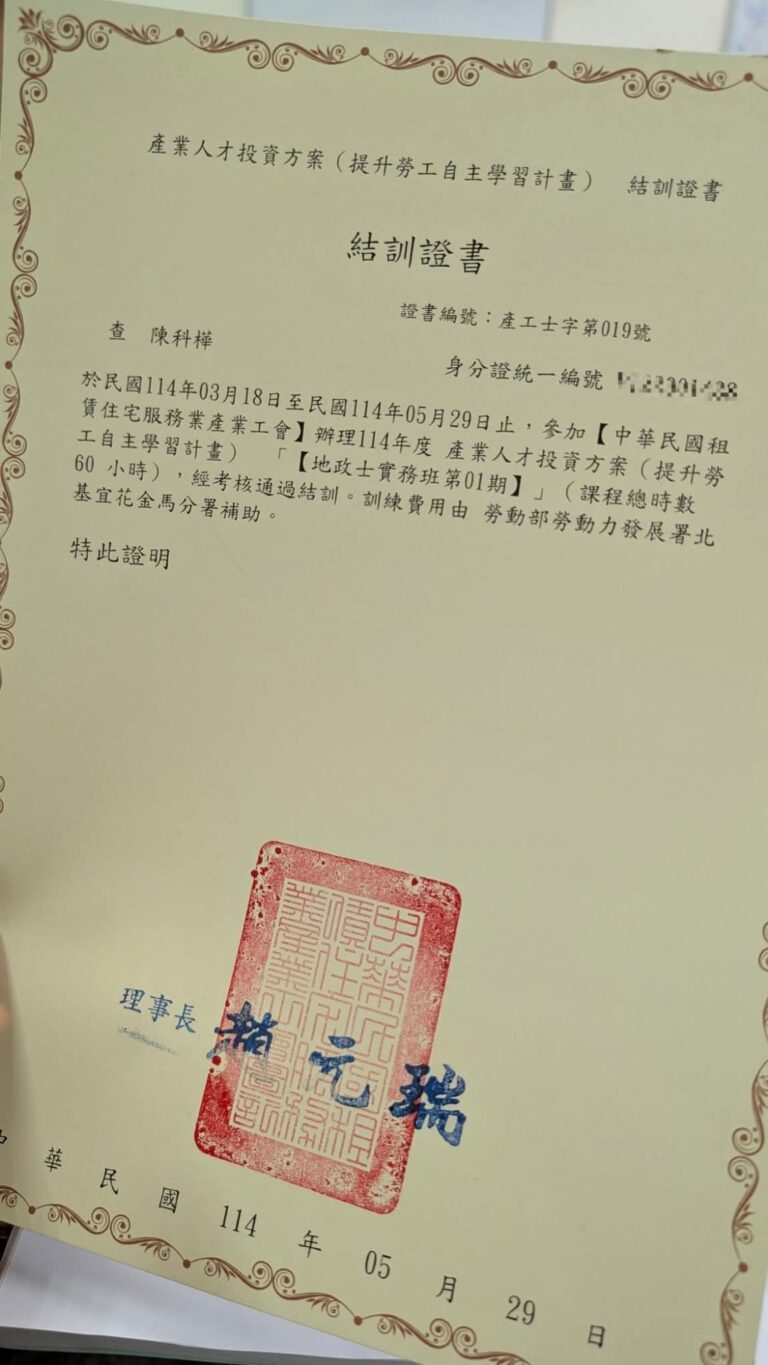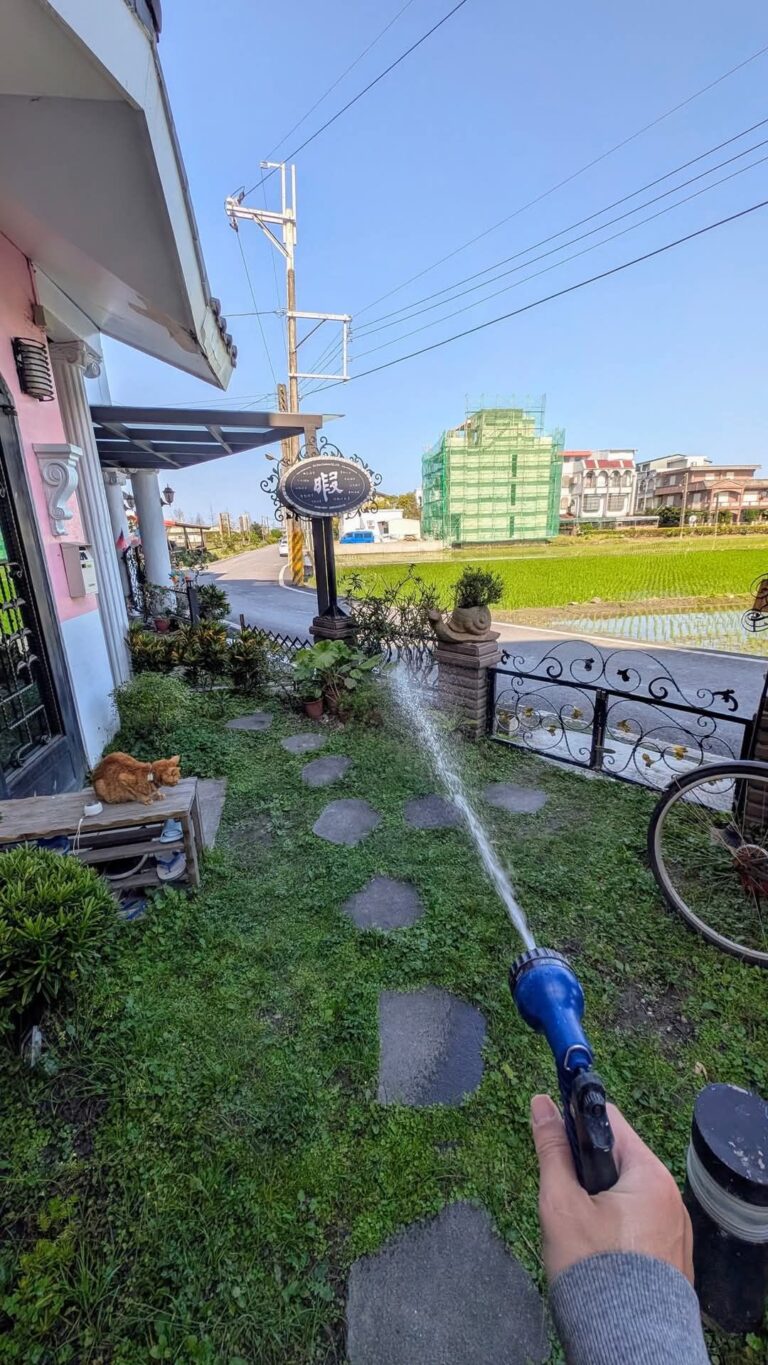Through insurance and land administration, assets can be magnified and tax sources can be reserved

Through insurance and land planning, tax sources can be reserved in advance, assets can be magnified, and descendants can avoid giving up inheritance because they cannot afford inheritance tax. Insurance claims enjoy tax exemptions, and real estate disposal can be selected according to the years of acquisition and appreciation potential, through direct inheritance, gift or sale inheritance, to achieve the best tax saving effect. Combined with age, existing insurance policies, and types of property, accurate arrangements can be made to make inheritance safer and the second half of life less worrying.








